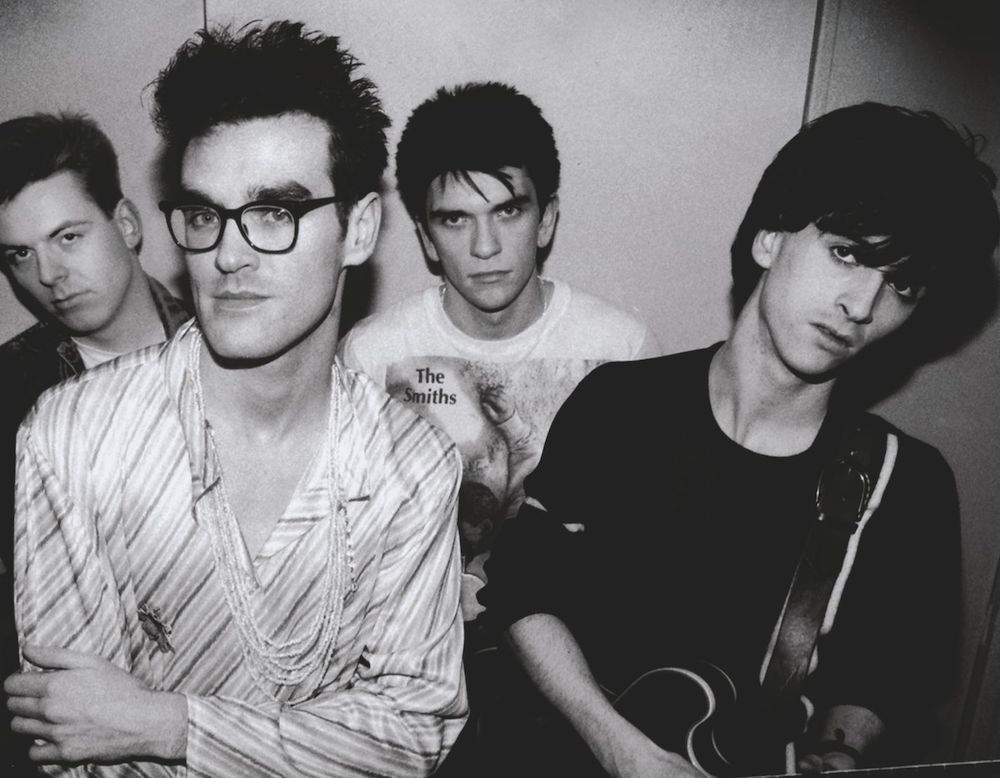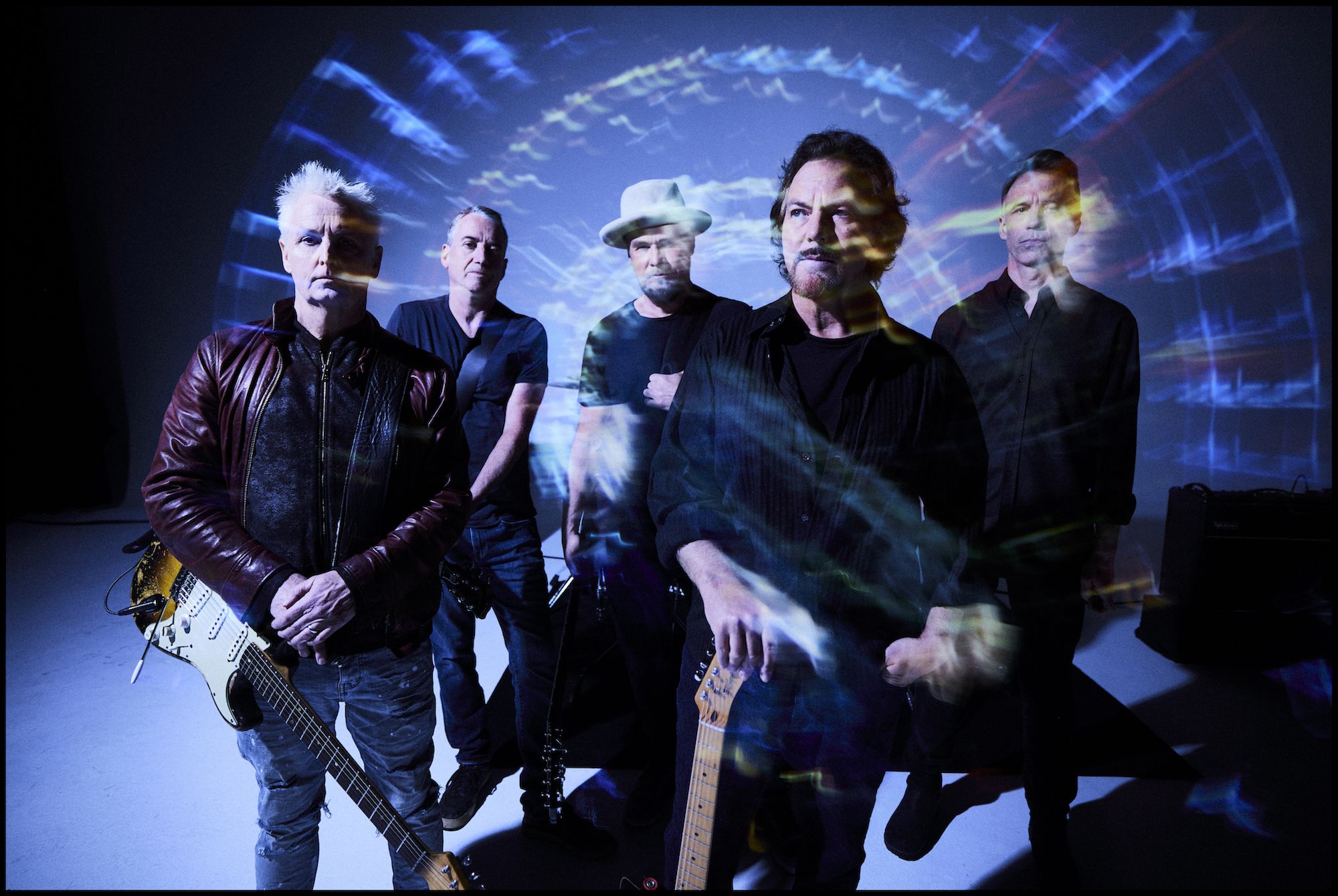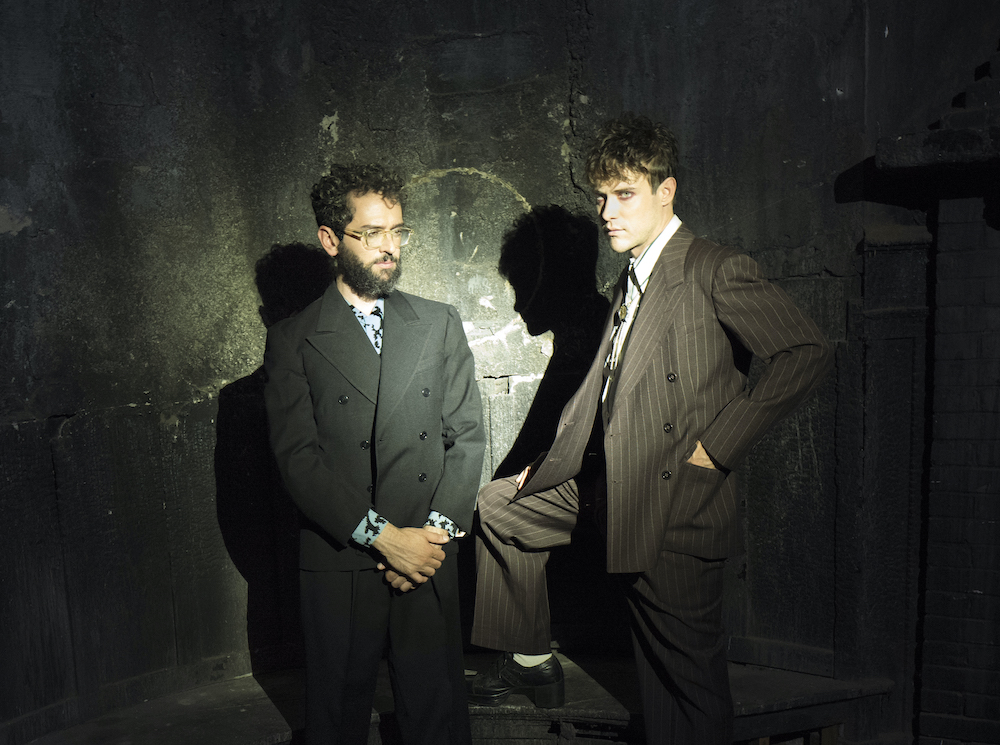Where are you, Fiona Apple? After a banner 2012, the singer-songwriter recently cancelled her only scheduled appearance for 2013, at Barcelona's Primavera Sound festival; she also torpedoed a slew of South American tour dates late last year with no signs of rescheduling on the horizon.
Of course, we shouldn't be surprised -- disappearance is part and parcel of Apple's career trajectory. Apple says she rarely ventures outside her Los Angeles home, except when visiting the L.A. club Largo, where she occasionally hops on stage with pal and resident performer Jon Brion. She doesn't drive and claims there is no one she speaks to on a daily basis. She's released only four albums in 17 years -- 2012's The Idler Wheel was her first in seven years; it was another six years between the prior one, Extraordinary Machine, and its predecessor, her second effort, When the Pawn .... She's that especially rare public figure in the digital age -- one who still cultivates an air of mystery and distance.
It's been a long, strange journey for Apple since bursting onto the scene in the mid-'90s with the porny video for "Criminal" from her debut album Tidal, and the infamous "This world is bullshit!" speech at the 1997 MTV Music Video Awards. She (perhaps rightly) took a lot of shit for it -- earning a scathing rebuke from no less than Janeane Garafalo in a recorded comedy sketch. 1999's When the Pawn ... was the first classic Apple album -- a much more mature effort that nonetheless sold well short of Tidal's numbers. By the time she famously broke down on stage at the Roseland Ballroom in New York in 2000, her stint as a unit-shifting pop star was all but over.
Her third album, 2005's Extraordinary Machine, came with a complicated backstory featuring a producer switcheroo midway through its recording (from longtime collaborator Brion to Mike Elizondo, best known for his work with Dr. Dre), a leak of the unfinished Brion tracks, and alleged record label consternation that launched the "Free Fiona" fan campaign aimed at pressuring Sony to put out the album. Ultimately, Elizondo's version was the one to see official release; with Brion's take still floating around online, fans remain divided on which is better.
Then, nearly seven years of silence. After finally resurfacing at last year's SXSW, Apple released The Idler Wheel -- a stark, stunning, and percussion-oriented record, arguably her best yet. Unfortunately it was overshadowed in part by her arrest for hashish on the Texas border -- for a hot second she was a cultural flashpoint again, and people like Perez Hilton, as they have been wont to do, said stupid things. Still, 2012 was a huge year for Apple, with The Idler Wheel placing high on nearly every major music publication's year-end list (and topping Stereogum's own list). The unlikely transition from laughingstock MTV princess to irrepressible indie queen was complete.
Well, it was nice to have her back while it lasted. Given recent events and her track record, it's unlikely we'll hear new music from Apple anytime soon. Luckily, she has been exceptionally consistent if not especially productive -- her four studio albums are each overflowing with riches, filled with songs documenting emotional trauma with remarkable clarity, chops, and sometimes even a little humor. Here are her 10 best.
10. "Fast As You Can" (from When The Pawn ..., 1999)
It's maybe the quintessential Fiona Apple lyric: "Oh darling, it's so sweet you think you know how crazy I am." By the time the skittering "Fast As You Can" hit the streets in 1999, Apple's identity as a pop eccentric had already been fashioned. There was the MTV speech; her relationship with magician David Blaine; and the cancellation of the final leg of her first tour, due to "personal family problems." "Fast As You Can," the first single from When The Pawn ..., knowingly winks at those accusations while galloping away from the fear that comes with allowing yourself to be in an emotionally vulnerable relationship. Things may be going swimmingly now, but eventually she warns that "my pretty mouth will frame the phrases that will disprove your faith in man." Damn.
9. "I Know" (from When The Pawn ..., 1999)
Gosh, this one is just a bummer. "So be it, I'm your crowbar -- if that's what I am so far," Apple sings, "until you get out of this mess." "I Know" closes out When The Pawn ... on a devastating note, a song about being the third wheel and hoping against hope that things will work out. Apple's delivery is heartbreaking, and the song's direct denouement is especially affecting coming from a singer better known for complex metaphors and five-dollar words.
8. "Get Gone" (from When The Pawn ..., 1999)
Apple is a gutsy singer, often willing to push her voice to the point of distortion. On "Get Gone," she shouts the chorus like she's trying to project a swarm of angry bees from her mouth. "Nothing to figure out, I gotta get him out, it's time the truth came out that he don't give a shit about me!" In a career full of caustic, cathartic break-up anthems, "Get Gone" may be the best of the bunch. It's a little immature, sure, but that's half the fun -- if you've never sung along as she commands her significant other to "fuckin' go," you've probably never been a jilted lover.
7. "Criminal" (from Tidal, 1996)
It's difficult to view "Criminal" in a vacuum, because it's so tied to that damn video, so tied to its omnipresence, so tied to the era in which it was recorded. Haters gonna hate, but take away all the bullshit and you're left with a pretty great song -- the smoky piano, the strings that pop in and out, and the weighty guilt that comes with using sexuality to get whatever the hell you want. Like the best short stories, it grabs you with a knock-out opener: "I've been a bad, bad girl -- I've been careless with a delicate man." Apple sings it in that preternaturally mature alto, and you get the distinct impression that she knew exactly what kind of reaction it would get. If you didn't see her on her 2012 tour (and shame on you if you didn't -- every stop was filled with vein-popping, teeth-gnashing exorcist performances that can only come from a performer at her peak), make sure you catch a recent performance of "Criminal" on YouTube. Much like Radiohead's relationship with "Creep," Apple attacks it with disdain -- as though violently deconstructing it will give her ownership once again. It's a sight to behold.
6. "Anything We Want" (from The Idler Wheel, 2012)
The years have been kind to Apple's voice. It's always been deep and mature, but early in her career she had a tendency toward forced sultriness. Age has turned it into a more naturally handsome, cragged instrument, with nooks and crannies that she fills with wounded confidence -- a trick that's especially effective on "Anything We Want." Coming after the ruthless "Regret" on The Idler Wheel, "Anything We Want" is a relief, a breath of stately, strutting optimism, full of come-ons and junkyard percussion. The chorus -- "And then we can do anything we want" -- is a tired but proud celebration of a victory after a battle well-fought. The war is over; time to enjoy the spoils.
5. "Not About Love" (from Extraordinary Machine, 2005)
What makes us say terrible, almost comically mean things to our loved ones? "'What is this posture I have to stare at?' That's what he said when I was sitting up straight!" Apple complains in "Not About Love," a song about the brutal war of words that can erupt in relationships gone bad. In a song filled with killer lines, Apple drops one of her best ones by describing the phenomenon thusly: "Conservation once colored by esteem / became dialogue as a diagram of a play for blood." "Not About Love" looks forward to the stripped-down sound Apple would perfect on The Idler Wheel -- it's all piano, rumbling base, a few well-timed power chords and muscular, propulsive drumming courtesy of song-MVP Questlove.
4. "Get Him Back" (from Extraordinary Machine, 2005)
Pure unadulterated violence, this one -- just listen to the way Apple slams into her piano on the four beat. The song's title is a massive understatement -- what she's talking about here is pure annihilation. "Wait till I get him back / he won't have a back to scratch / yeah, keep turning that chin / and you will see my face as I figure how to kill what I cannot catch." Holy shit! In the third verse, she flips the title's meaning as she tries to get back the one who got away. "I'm going to bring him home and I'll watch him unpack," she says. Such a great image -- a little funny, a little pathetic.
3. "Werewolf" (from The Idler Wheel, 2012)
"Nothing wrong when a song ends in the minor key." Sixty-plus years of rock and roll songs about broken hearts and nobody thought of that line until just last year? Man. "Werewolf" is the sparsest and loveliest moment on The Idler Wheel, and one of the most compassionate and empathetic songs in her repertoire -- yeah, you bit my head off like a shark, "but then again, I was waving around, a bleeding open wound." The unexpected highlight is a found-sound layered over the song's conclusion -- a recording of distant children playfully screaming. Does it represent nostalgia? A loss of innocence? Regardless, it brings the song to a strange, disquieting, and powerful conclusion.
2. "Every Single Night" (from The Idler Wheel, 2012)
Does any pop musician capture the clicks and hums of a restless mind better than Fiona Apple? "Every Single Night" is filled with vivid, disturbing imagery -- of white-flame butterflies beating against the brain, ideas that "trickle down the spine" and swell into a blaze, and second skeletons forced beneath the skin. Apple spends most of the song singing through gritted teeth, before erupting into a war-whoop in the chorus. In fact, "Every Single Night" is the sound of tiny war being waged -- an uncertain but determined battle against the idiosyncrasies of the brain that are capable of causing such grief.
1. "Paper Bag" (from When The Pawn ..., 1999)
"Paper Bag" exists outside of time. If not for that wonderfully self-aware opening line ("I was starin' at the sky / just looking for a star / to pray on, or wish on, or something like that"), you could almost picture Judy Garland or Doris Day singing it. But few could imbue a song with such subtle ache and longing -- almost quiet hysteria -- that Apple does here (there are unrequited love songs, and then there are unrequited Fiona Apple love songs, you know?). By the second half, as the strings swell and Apple just lets go, "Paper Bag" seems to take on a life of its own, independent of its creator, almost floating away. "Hunger hurts but starving works," Apple says. The hurt is gone, until the next time.
Listen to this playlist on Spotify.






